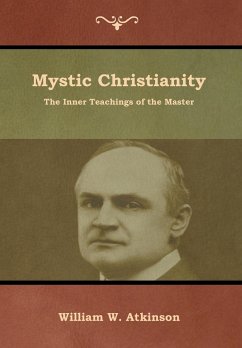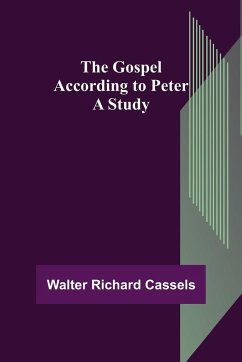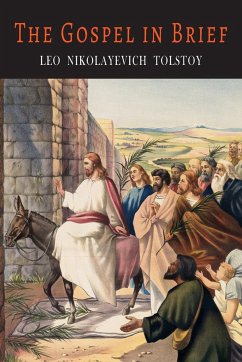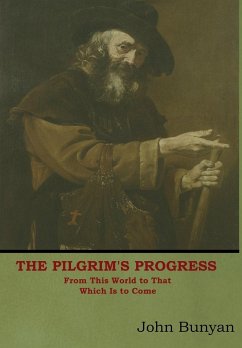
The Art of Divine Contentment
Versandkostenfrei!
Versandfertig in 1-2 Wochen
12,99 €
inkl. MwSt.
Weitere Ausgaben:

PAYBACK Punkte
6 °P sammeln!
These words are brought in to anticipate and prevent an objection. The apostle had, in the former verse, laid down many grave and heavenly exhortations: among the rest, "to be anxious for nothing." It is our work to cast away anxiety; and it is God's work to take care. By our immoderate worry, we take his work out of his hand is very dishonorable to God; it takes away his providence. Immoderate worry takes the heart off from better things; and usually while we are thinking how we shall live-we forget how to die. Thomas Watson was an English preacher and author who obtained great fame preaching...
These words are brought in to anticipate and prevent an objection. The apostle had, in the former verse, laid down many grave and heavenly exhortations: among the rest, "to be anxious for nothing." It is our work to cast away anxiety; and it is God's work to take care. By our immoderate worry, we take his work out of his hand is very dishonorable to God; it takes away his providence. Immoderate worry takes the heart off from better things; and usually while we are thinking how we shall live-we forget how to die. Thomas Watson was an English preacher and author who obtained great fame preaching until the Restoration when he was ejected as the vicar of St. Stephen's Walbrook for noncomformity. Watson continued to exercise his ministry privately and upon the Declaration of Indulgence in 1672 he obtained a license to preach at the great hall in Crosby House.













